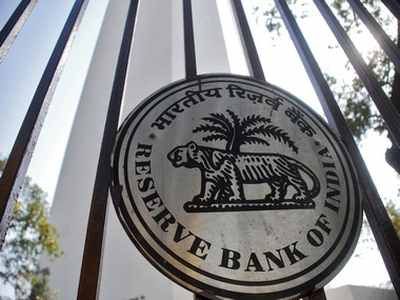 | « Back to article | Print this article |
 Clamping down on the delays in repatriating foreign exchange earnings, the Reserve Bank of India (RBI) has tightened norms for special economic zones (SEZs), asking them to realise and bring back full value of goods and services to India within a year from the date of export. The sudden slide of the rupee prompted the regulator to notify the norm on June 11. The new directive would build pressure not only on SEZ units, but also on their clients abroad to make faster payments.
Clamping down on the delays in repatriating foreign exchange earnings, the Reserve Bank of India (RBI) has tightened norms for special economic zones (SEZs), asking them to realise and bring back full value of goods and services to India within a year from the date of export. The sudden slide of the rupee prompted the regulator to notify the norm on June 11. The new directive would build pressure not only on SEZ units, but also on their clients abroad to make faster payments.
RBI’s notification lifts a decade-old exemption for these units. There has been no prescription of any time limit for realisation of exports made by the units in SEZs since April 2003. Prior to that, SEZs were required to get their earnings back within one year. Under the SEZ Policy which came into being from 2006, no clear indication was made as to when the value should be realised.
“RBI has done this to ensure the money comes into the country within time. The units were apparently sitting on the money and working on long-term credit, which has now changed. It used to take anywhere from five months to five years for forex to come into the country. There was a certain rule in the policy but it was never indicated clearly, so we asked RBI this time to bring in more clarity, and hence the notification,” said a commerce department official.
Reliance Industries, which earned $44.1 billion (Rs 2,39,226 crore) in exports last year and has 580,000 barrels a day of crude oil processing capacity at its refinery in a SEZ at Jamnagar in Gujarat, said the RBI norm might not impact the company much. The firm's export earnings come from outside and SEZ. A company spokesperson told Business Standard the company’s forex earnings are for meeting the working capital requirements of the company such as purchasing crude oil.
Besides Jamnagar, RIL owns a multi-product refinery at Jhajjar in Haryana through its subsidiary, Reliance Haryana SEZ Limited. A Reliance SEZ official, who did not want to be identified, explained it was better for a SEZ to get back the money on time rather than work on credit, since the government has imposed Minimum Alternate Tax that requires all companies to pay a certain amount of income tax, irrespective of the exemptions firms enjoy. Besides, there is also dividend distribution tax to pay.
“Earlier, there was no taxation, so it made sense to delay foreign exchange repatriation. But now, since we have to pay these taxes, we might as well get the money back on time,” said the Reliance SEZ official. He added companies such as RIL